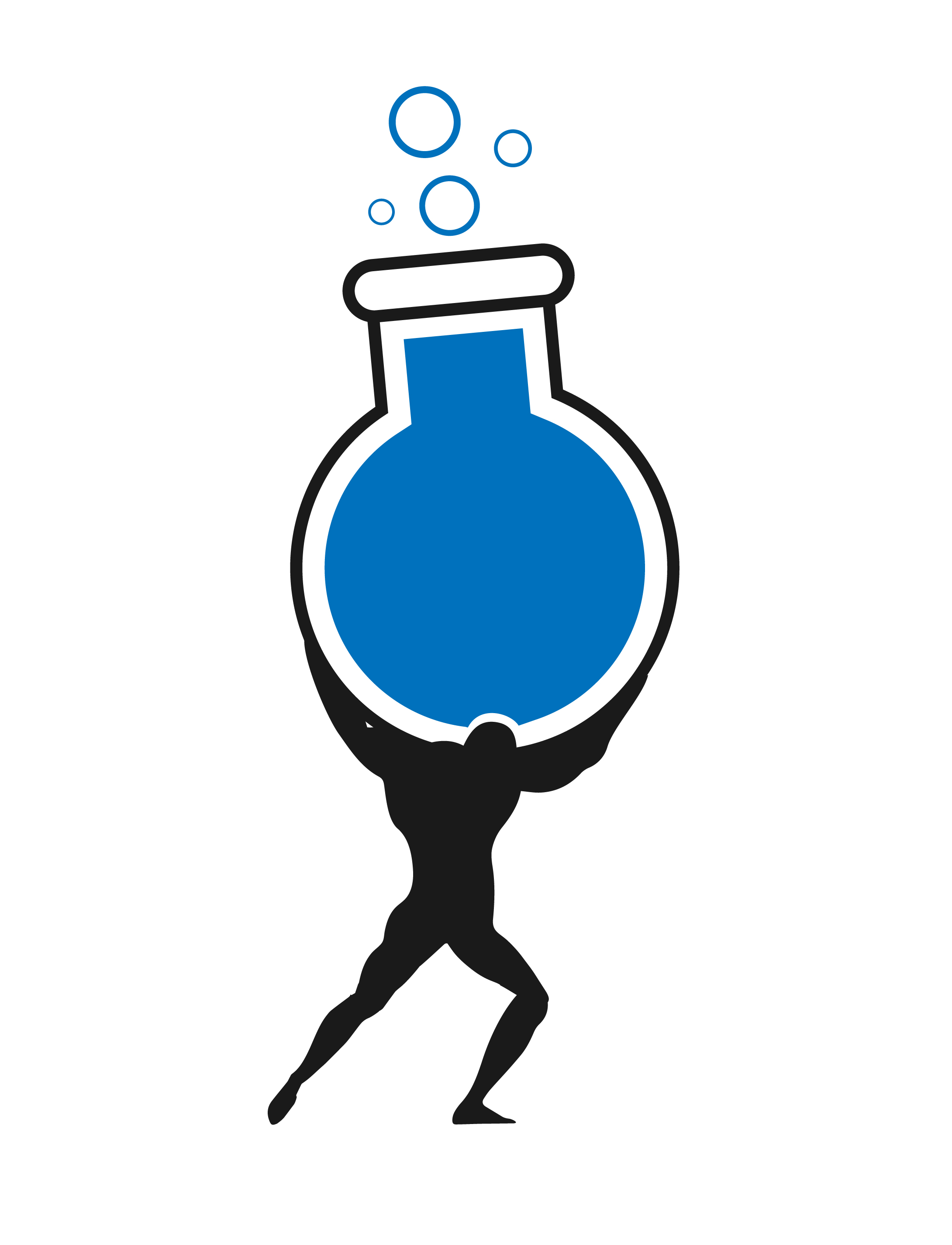
Essential Supplements for Performance Recovery and Optimization
- thestrengthlab732

- Nov 2, 2024
- 4 min read
When you’re pushing your body to its limits, recovery is key. To optimize muscle repair, endurance, and mental sharpness, certain supplements can be incredibly effective. Let’s dive into the science of these key performance recovery supplements, including dosage recommendations and some research-backed benefits.
1. Leucine: The Key to Muscle Protein Synthesis
Leucine is a branched-chain amino acid (BCAA) that plays a central role in stimulating muscle protein synthesis. This process is essential for muscle repair and growth after exercise. Research shows that leucine activates a protein called mTOR (mechanistic target of rapamycin), which is responsible for muscle building.
• Recommended Dosage: 2-3 servings of 2g per day.
• How It Works: Leucine helps drive muscle growth by increasing protein synthesis, which is the process your body uses to repair and build muscles after intense activity.
• Research: Studies indicate that leucine supplementation can enhance muscle recovery and reduce exercise-induced muscle damage, especially when taken shortly after training. A review published in the Journal of the International Society of Sports Nutrition supports leucine’s role in muscle protein synthesis, making it an excellent addition to any athlete’s recovery regimen.
2. Creatine: For ATP Production and Cognitive Function
Creatine is widely known as a staple supplement for athletes aiming to improve strength and power. It helps replenish adenosine triphosphate (ATP), the main energy currency of cells, allowing for more intense, prolonged workouts. Additionally, creatine has shown benefits for brain health, including improved memory and cognitive performance.
• Recommended Dosage: 1 serving of 5g daily.
• How It Works: Creatine boosts ATP production, which provides immediate energy during high-intensity activities. It’s also been linked to enhanced brain function due to improved energy availability in brain cells.
• Research: A meta-analysis published in the Journal of Sports Science & Medicine confirms creatine’s benefits for high-intensity exercise and cognitive performance, showing that it’s one of the most studied and effective supplements for both physical and mental performance.
3. Vitamin D: For Energy and Overall Health
Vitamin D plays a crucial role in energy levels, immune function, and muscle health. Low levels of this vitamin are common among athletes, especially those training indoors, which can affect overall energy and endurance.
• Recommended Dosage: Varies based on individual levels (a typical dose is around 2,000 IU daily).
• How It Works: Vitamin D influences energy production and muscle function, supporting overall vitality and resilience during intense training.
• Research: Research in Sports Medicine suggests that adequate vitamin D levels are associated with better athletic performance, immune function, and reduced injury risk. For athletes, maintaining optimal vitamin D is essential, especially in colder months or if outdoor training is limited.
4. Protein Powder: A Complete Amino Acid Profile for Muscle Repair
Protein powders provide a convenient source of essential amino acids, especially post-exercise, when the body requires these nutrients for muscle repair. The amino acid profile in high-quality protein powders like whey is ideal for recovery, as it contains all nine essential amino acids. Also milk protein powders and egg protein powders are great form of protein powder to use as well.
• Recommended Dosage: Aim for 0.75-1g of protein per pound of body weight daily.
• How It Works: Protein supports muscle repair and growth, and adequate intake is essential for athletes seeking to optimize recovery and reduce muscle soreness.
• Research: Studies published in Applied Physiology, Nutrition, and Metabolism suggest that protein supplementation can improve muscle recovery and growth post-exercise, particularly in resistance-trained athletes.
5. Electrolytes: Essential for Hydration and Muscle Function
Electrolytes like sodium, potassium, and magnesium help maintain hydration, which is critical for muscle contraction and overall recovery. Intense exercise can deplete these minerals, so replenishing them is essential.
• Recommended Dosage: Electrolyte needs vary depending on sweat rate and exercise duration.
• How It Works: Electrolytes prevent dehydration and muscle cramps by maintaining fluid balance in your body.
• Research: Research from Nutrition and Metabolism highlights that proper hydration and electrolyte balance can improve endurance and reduce the risk of muscle cramps during exercise.
6. Caffeine: For Power, Energy, and Endurance
Caffeine is well-known for its ability to enhance energy levels, but it also has performance benefits. It can improve endurance, increase power output, and even reduce perceived exertion, making workouts feel less taxing.
• Recommended Dosage: 100-200 mg before workouts (dosage varies by tolerance).
• How It Works: Caffeine works as a central nervous system stimulant, enhancing alertness and power output, which is especially helpful during longer, intense sessions.
• Research: Studies in Sports Medicine indicate that caffeine consumption can improve endurance performance and power output. It’s a widely accepted supplement for both aerobic and anaerobic exercise.
Conclusion
Incorporating these supplements into your regimen can support recovery, muscle growth, and overall performance. For optimal results, aim to meet your daily intake requirements and combine these supplements with a balanced diet and hydration. Always consult with a healthcare provider before starting a new supplement, especially if you have any pre-existing health conditions.





Comments